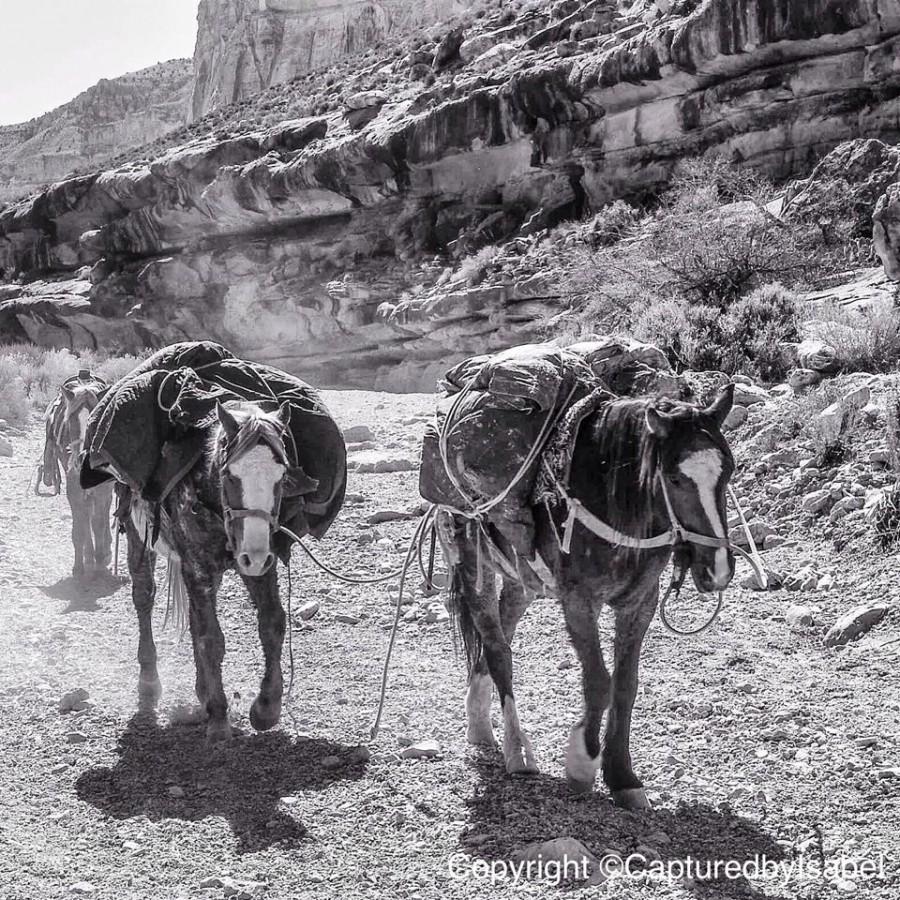What travelers must know about Supai
More than 100 miles from Flagstaff, the Havasupai live in isolation
April 21, 2015
Supai, Arizona: a village that possess a rare gem that not only attracts tourists from around the globe, but also sustains the life of approximately 200 people. It is the capital of the Havasupai Indian reservation, otherwise known as “the land of the blue-green waters.” It is home to five of the most unique and captivating waterfalls in North America. The most famous of these, Havasu Falls, is a striking shade of cerulean blue that cascades over a red cliff side and down a 100-foot drop.
The village, whose residents speak the unique Havasupai language, is one of the most isolated in North America. It is only accessible by foot, horseback or helicopter.
Reaching the falls is no easy task for the untrained hiker. The hike is approximately eight miles through the rigorous terrain of the Grand Canyon. Every year, many hikers become stranded from exhaustion and need to be carried out by horseback.
The Havasupai tribe is completely dependent on their horses and mules and the animals deserve recognition for their brutal endurance. Almost all the supplies that support the village are delivered on horseback, as well as the garbage leaving the village. The horses are also subjected to carrying the often extremely heavy campfire equipment that tourists cannot carry themselves. They are often seen carrying up to three coolers on their backs full of heavy food and beverages for the return trip 16 miles in temperatures as high as 120 degrees Fahrenheit. At the beginning of the hike, on Hualapai Hilltop, travelers see the horses sweat-drenched, with knees shaking, knowing that they still need to make the vigorous return trip with just as much weight on their backs.
For the adventure-seekers that are planning a trip to Supai this summer, plan accordingly and pack light. For those who do choose to travel with heavy luggage, the helicopter is the better option. Not only the more affordable choice, as the riders charge $95 per bag, but it also saves the animals from a grueling and strenuous trip.


